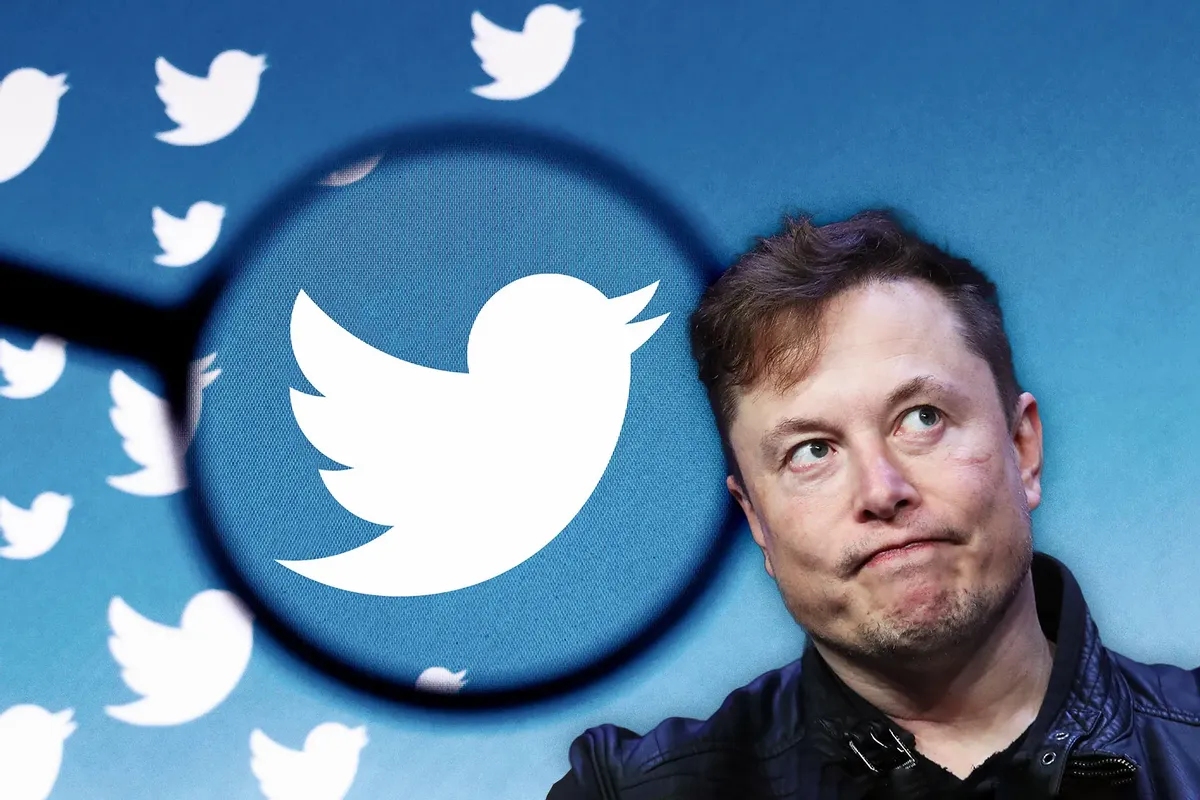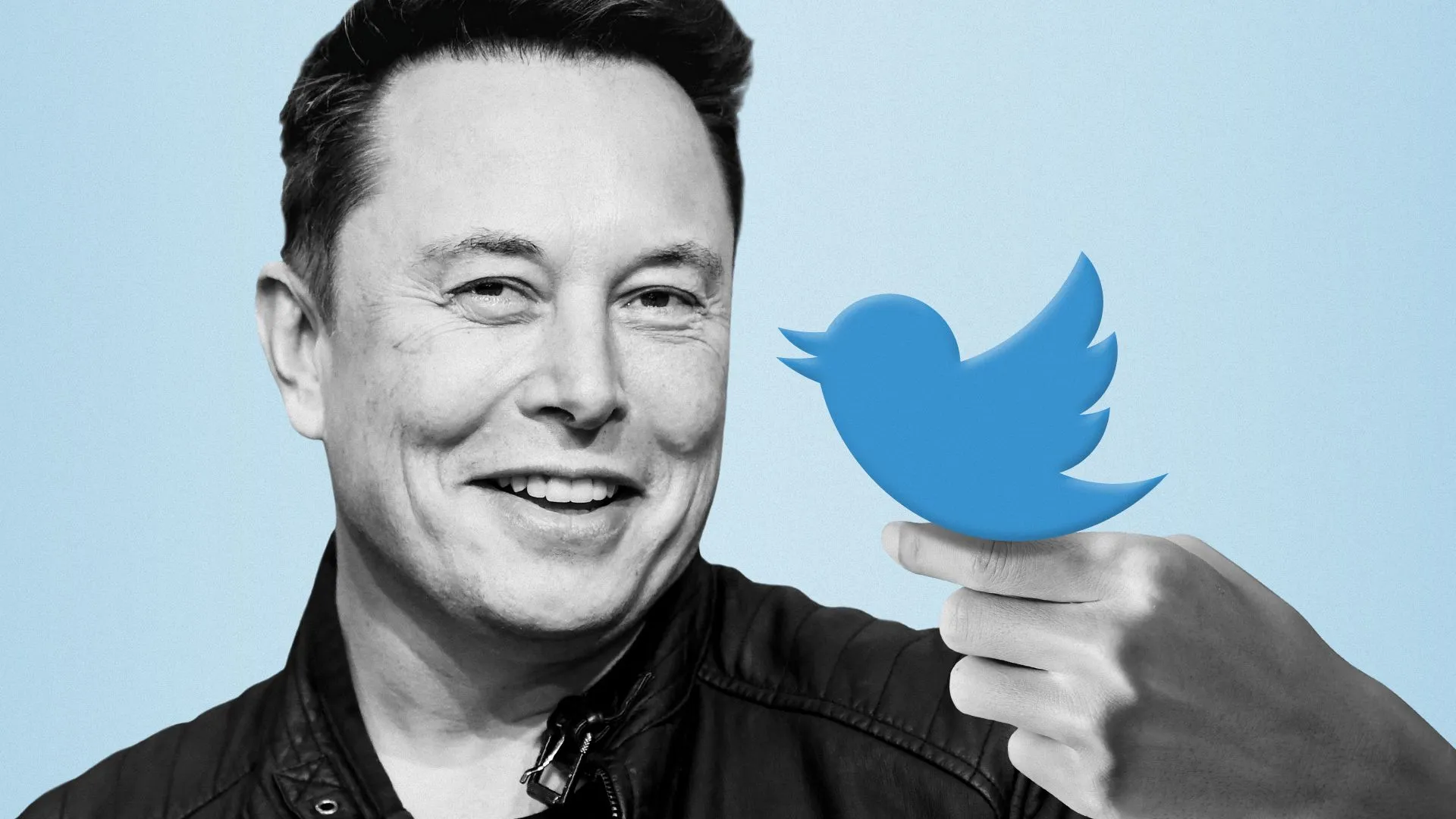This is a tale of how a group of dedicated employees potentially saved one of the most talked-about CEOs, Elon Musk, from the brink of regulatory disaster. In an era where corporate compliance and data security are under the microscope, a recent revelation from within the walls of X, formerly known as Twitter, has spotlighted the crucial role of employee vigilance. Amidst the high-octane drama of tech leadership and regulatory oversight, a narrative unfolds that reads more like a corporate thriller than a business case study.

The Crisis Averted
At the heart of this saga is a demand from Elon Musk that seemed to challenge the very foundations of data privacy and corporate responsibility. Elon Musk’s directive to give reporters “full access to everything at Twitter … No limits at all” could have led to a significant breach of trust and privacy, not to mention legal repercussions from the Federal Trade Commission (FTC).
This instruction, had it been carried out, would have flouted government-imposed restrictions designed to safeguard user data and ensure stringent security practices within the social network.
The stakes were high, considering the FTC’s vigilant watch over Twitter, spurred by the publication of the “Twitter Files” by a group of journalists. These files offered an unprecedented peek behind the curtain of Twitter’s operations before Elon Musk’s tenure as CEO, raising questions about the platform’s data handling and security measures.
X Employees Prevented Elon Musk From Violating FTC Order With 'Twitter Files' https://t.co/CW0ZGDvsFW
— PCMag (@PCMag) February 22, 2024
The Turn of Events
Enter the unsung heroes of this narrative: longtime Twitter IT employees. Their decision to disregard Elon Musk’s orders and prevent journalists from accessing the platform’s internal systems showcased a remarkable commitment to ethical standards and regulatory compliance.
This act of defiance not only preserved the integrity of user data but also shielded the company—and by extension, Elon Musk—from potential legal and financial repercussions.
This episode gains even more significance against the backdrop of a $150 million fine levied against Twitter by the FTC in May 2022. The fine was a penalty for the platform’s deceptive practices concerning user data collection and its subsequent use for advertising purposes.
It came with stringent provisions aimed at enhancing user data security, including limiting employee access to personal data—a measure that Elon Musk’s orders would have directly contravened.

Elon Musk: The Aftermath and Implications
The FTC’s investigation into the matter, prompted by the revelations within the “Twitter Files,” reached a critical juncture. However, according to a letter from FTC Chair Lina Khan to House Republicans, reviewed by Business Insider, the actions of the Twitter employees ensured that the company did not violate any terms of the agreement with the FTC.
This outcome not only highlights the crucial role of internal governance and employee autonomy in navigating the complex landscape of data security and regulatory compliance but also underscores the importance of whistleblowing mechanisms within tech companies.
As we reflect on this incident, it serves as a potent reminder of the ethical responsibilities that lie on the shoulders of those who manage and safeguard our digital realms. In a world increasingly governed by data, the courage to uphold principles of privacy and security, even in the face of directives from the highest echelons of corporate power, is both commendable and essential.
This story of defiance and diligence within X is more than just a footnote in the annals of tech industry lore. It’s a testament to the power of individual action in shaping the course of corporate ethics and regulatory compliance.
As we move forward into an uncertain digital future, the lessons from this episode will undoubtedly resonate with tech companies and regulators alike, serving as a beacon of integrity in the ever-evolving landscape of digital governance.










